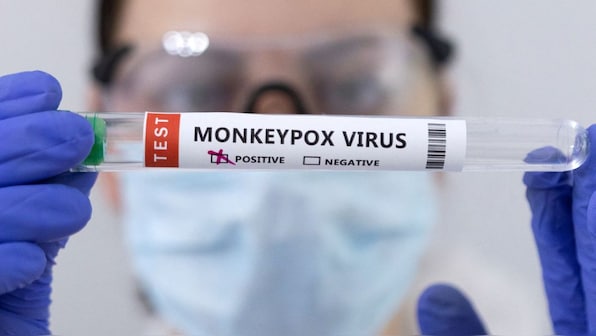Uganda has ramped up border surveillance with the Democratic Republic of the Congo (DRC) to prevent the spread of mpox, a virus hotspot in the neighboring country.
As of now, Uganda reports no active mpox cases, according to the Ministry of Health. The two cases imported in late July have been treated and resolved without complications.
The ministry has identified over 20 districts along the DRC border as high-risk areas for mpox transmission. In response, Uganda’s health authorities have launched a nationwide training program for health workers to improve the detection and isolation of suspected cases.
“We have intensified our risk communication efforts and ensured our laboratory systems are prepared to quickly identify and test suspected cases,” said Emmanuel Ainebyoona, a senior public relations officer with the ministry.
The World Health Organization (WHO) declared mpox, formerly known as monkeypox, a public health emergency of international concern last Wednesday, citing the virus’s potential for increased global spread.
In response, Uganda is coordinating with WHO to obtain potential life-saving mpox vaccines as part of its preparedness and response strategy.
“Uganda has a strong track record in handling re-emerging and emerging epidemic diseases, as demonstrated during the Ebola and Marburg outbreaks. We have a resilient system in place to prevent internal transmission of mpox,” Ainebyoona added.
The WHO reports that the current mpox outbreak, originating in the DRC, has been aggravated by a new, more lethal variant, Clade 1b, which has a mortality rate of approximately 3.6 percent, significantly higher than previous strains.
According to the African Union’s health agency, the number of new mpox cases reported in 2024 has surged by 160 percent compared to the same period in 2023.

